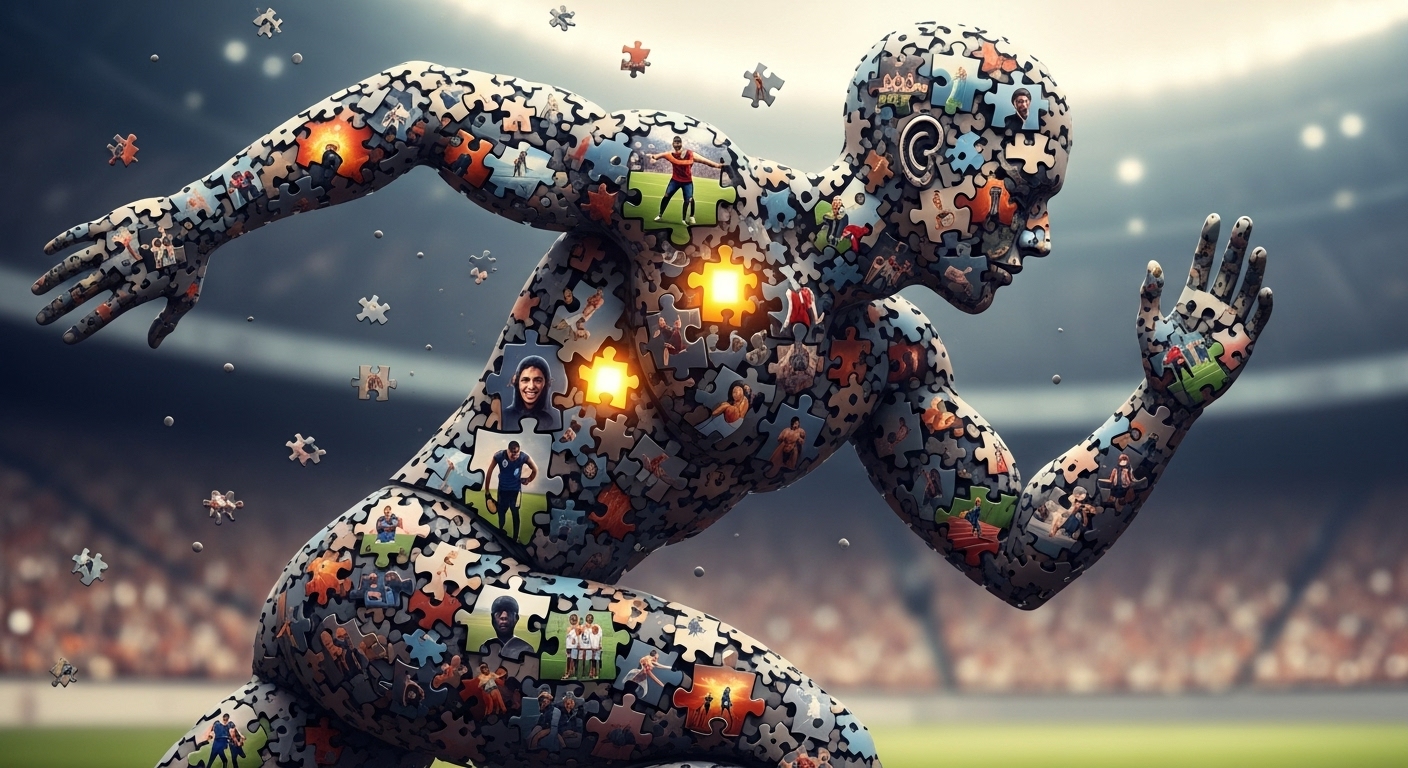Sports have been an essential part of human history, yet their true impact often goes unnoticed. While many view sports simply as a source of entertainment or physical activity, the truth is that sports hold a deeper power that extends far beyond the playing field. From personal growth to societal change, sports have the ability to shape individuals and communities in ways that we often overlook. In this blog post, we will explore the numerous benefits of sports—how they nurture our minds, bodies, and social lives—and why their influence is more important than ever.
A Catalyst for Personal Growth
Sports teach us much more than how to run faster, jump higher, or score goals. At their core, sports are about personal development. From an early age, children who participate in sports learn important life lessons that go well beyond physical fitness. They learn teamwork, discipline, time management, and perseverance.
When athletes face challenges—whether it’s a difficult opponent, a losing streak, or a personal injury—they are forced to confront their own limitations. Overcoming these obstacles fosters a sense of resilience and mental toughness. Sports push individuals to perform under pressure, helping them develop the mental strength to deal with stress and adversity. These qualities, once cultivated, are applicable in virtually every aspect of life, from academics to careers to personal relationships.
Building Stronger Communities
One of the most profound impacts of sports is their ability to bring people together. Communities are often united by their shared support for a local team or athlete. Whether it’s a high school football game or an international tournament, the energy and excitement generated by sports foster a sense of belonging.
Sports create common ground, bringing people from different walks of life into a shared space. They break down barriers related to race, ethnicity, and socioeconomic status, providing an environment where individuals can connect and celebrate something bigger than themselves. In this way, sports act as a social glue that binds communities, fostering a spirit of camaraderie and collective pride.
Health Benefits Beyond the Physical
It’s no secret that physical activity is good for the body, but the health benefits of sports extend beyond just physical fitness. Regular participation in sports can significantly reduce the risk of chronic diseases, improve cardiovascular health, and help maintain a healthy weight. However, the mental and emotional benefits are just as important.
Engaging in sports releases endorphins, which are the body’s natural mood elevators. This boost in mood can help combat stress, anxiety, and depression, promoting overall mental well-being. Additionally, sports provide an outlet for emotional expression, allowing individuals to channel their frustrations and feelings in a positive way. The social aspect of sports also plays a crucial role in emotional health, as it gives individuals a sense of support and connection.
Sports as a Platform for Social Change
While sports are often associated with competition and entertainment, they also have the power to drive social change. Over the years, athletes have used their platforms to raise awareness about various issues, from racial inequality to environmental concerns. Icons like Muhammad Ali, Jackie Robinson, and Colin Kaepernick have shown that sports can be a powerful tool for activism and social justice.
The impact of sports on social change is not limited to professional athletes. At the grassroots level, sports can empower marginalized groups, encourage gender equality, and promote inclusivity. Women, for example, have increasingly found a platform in sports, challenging traditional gender norms and proving that athleticism is not confined to any one gender. The growing visibility of women in sports is reshaping perceptions and inspiring future generations to break down barriers.
The Role of Technology in Sports Evolution
Technology has revolutionized every aspect of sports—from training to fan engagement. Wearable devices now allow athletes to track their performance in real-time, providing valuable insights into their physical condition. Data analytics have changed the way teams approach strategies, training, and even recruitment, allowing for more precise decision-making.
For fans, technology has enhanced the sports experience in ways that were once unimaginable. Live-streaming services, virtual reality, and immersive fan experiences have brought the excitement of sports directly into homes, transforming the way people watch and engage with their favorite teams and athletes.
The intersection of technology and sports is not just about convenience; it’s also helping to push the boundaries of human performance. Advances in sports science and biomechanics are making it possible for athletes to break records and achieve feats previously thought impossible.
The Economic Impact of Sports
Sports are not only a source of entertainment; they are also a massive global industry. From local leagues to international competitions, sports generate billions of dollars each year in revenue through ticket sales, media rights, sponsorships, and merchandise. This economic power has created jobs, fueled tourism, and boosted local economies.
In addition to direct financial benefits, sports play a vital role in community development. Major sporting events like the Olympics and World Cup can revitalize cities, improving infrastructure and attracting investment. This economic stimulus has a lasting impact, far beyond the duration of the event itself.
Sports and Mental Health Awareness
In recent years, the conversation surrounding mental health has gained significant traction, and sports have played an important role in this shift. Athletes are increasingly speaking out about the challenges they face with anxiety, depression, and other mental health issues, helping to reduce the stigma associated with mental health.
The high-pressure environment of professional sports can take a toll on an athlete’s mental well-being, and this has led to a broader discussion about the importance of mental health care. As athletes become more open about their struggles, it encourages fans and others to prioritize their mental health as well. Sports, once a source of pressure and stress, are evolving into a platform for promoting self-care and emotional well-being.
The Future of Sports: Inclusivity and Sustainability
As we look toward the future, two key trends are emerging: inclusivity and sustainability. The world of sports is becoming more inclusive, with increasing opportunities for athletes of all backgrounds, genders, and abilities. Paralympic sports, for example, have gained more recognition and support, proving that disability does not limit athletic potential.
Sustainability is also becoming a major focus within the sports industry. Environmental concerns, such as the carbon footprint of large sporting events, are prompting organizations to seek eco-friendly solutions. From using renewable energy in stadiums to promoting sustainable practices, sports organizations are recognizing their role in environmental stewardship.
Conclusion
Sports are far more than just games played for entertainment. They are a powerful force for personal development, social change, community building, and global unity. Whether on a local level or a global stage, the impact of sports reverberates across societies, shaping cultures, creating opportunities, and transforming lives. In a world increasingly divided by challenges, sports remain one of the few universal languages that unite us all. The hidden power of sports lies not only in the victories but in the lessons they teach and the communities they build—making them an invaluable part of the human experience.




